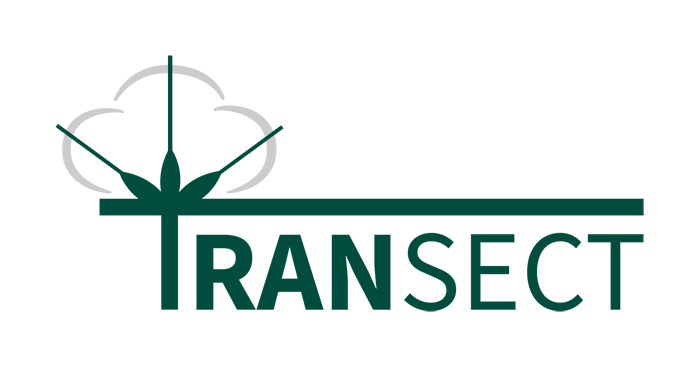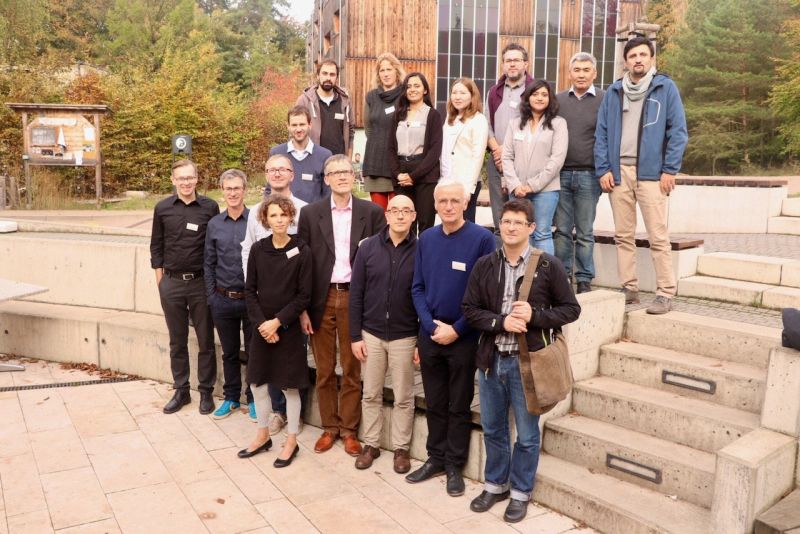


On October 21 and 22, 2019 the Kick-off Workshop of the junior research group TRANSECT took place at HNEE forest campus. While the first day of the workshop was dedicated to past and current agricultural transformations, the second one highlighted future thematical and methodological pathways in the TRANSECT context.
After opening remarks by Michael Spies and two professors from the Centre for Econics and Ecosystem Management, Martin Welp and Pierre Ibisch, participants provided glimpses into their work and gave thus important access points and food for thought for our research: Irna Hofman from University of Oxford presented her research work on Chinese farming in Tajikistan, posing important methodological questions of how Chinese engagement can be adequately grasped while avoiding generalisations. Based on his long-standing expertise, Martin Petrick from Gießen University demonstrated the added value of social science with regard to agricultural change across Central Asia. Nazia Yasmin from Leibniz Institute for Agricultural Engineering and Bioeconomy (ATB) in Potsdam elaborated upon household-based bioeconomy solutions in Pakistan, focusing on her work on micro-level biogas production from livestock manure.
An important aspect of the research of TRANSECT is the academic exchange with other workgroups of BMBF’s bioeconomy funding line. Fabricio Rodriguez from the junior research group “Bioinequalities” at Jena University shared insights of his research towards Sino-Brazilian trade in energy resources. Finally, Daniel Müller from Leibniz Institute of Agricultural Development in Transition Economies (IAMO) in Halle shed light on scenarios of environmental change in Central Asia.
Brief presentations of the respective research plans by the TRANSECT researchers Christoph Raab, Henryk Alff, Mehwish Zuberi, Michael Spies and Aksana Zakirova forged lively methodological and conceptual feedback and suggestions, particularly with regard to the upcoming fieldwork. Fruitful discussions continued while dining at the fireplace.
The second workshop day allowed for more in-depth engagement with some of the key themes of TRANSECT. Michael Spies introduced our proposed scenario development approach that draws on the methodological toolcase of MARISCO. A ‚World Cafe‘ format of small-group discussions was then used to generate ideas and solutions for some key challenges of our upcoming research: How to operationalize inter-and transdisciplinary research in the context of agrarian change and scenario development? How to study transboundary interventions in the field of agriculture? How to operationalize the concept of bioeconomy for our research on agrarian change? After presenting group work results and discussing upcoming research collaborations, we closed the workshop at noon.
